As of 2019, building a website has never been easier. As a client and a user, you have more options to choose from depending on what you want on your website. While having access to a large number of options is certainly better, deciding on what to choose has become even more tedious. In such a scenario, knowing about the best CMS platform for your website development has become a necessity.
Now, do not confuse CMS with a Website Builder
At first glance, both of them sound very similar but a website builder simply a kind of tool that simply helps you to create a website without using any actual programming codes. These builders usually come with the feature of user-friendly drag and drop and have a variety of predesigned customizable templates. They are best for small businesses and personal websites and blogs.
While a CMS does help its users to create a website; that is not its only job. To handle CMS, users need to acquire at least some knowledge regarding how the system is working. For a CMS to work, you will need a hosting, domain and you must be able to manage the database correctly. CMS is highly customizable but has very limited and often times poor templates.
Overall, depending on the CMS you are using you are easily accessible to different pre-designed themes, plugins and extensions.
CMS is known to be very flexible to use. This is the reason why the use of CMS can be seen in a variety of projects. They are used in simple blogs, portfolios, sites to bigger more advanced websites like eCommerce sites and different community forums. While the original goal of developing a CMS was to ease blogging, it has transcended to much more than that.
So, what makes a CMS best at its game?
The number of CMS options on the market as of 2019 clearly shows how popular working with it really is. And now since we have some idea about what a CMS is, let us talk about what features a CMS must have to stand out within all of these options.
Easy to use
The experts from SOFTLOFT tell us that though using a CMS might need some technical knowledge, it still should be pretty easy to use for a novice. But opting for an easy to use CMS does not mean you need to compromise with the needed features and functionalities.
Content Editor
Any CMS that lets its user to easily edit and publish new contents must be equipped with the best content editor. A better CMS will have a fully functional editor that has different options and features to make your content look even more appealing.
Organize your contents
With larger projects, you are often left tons of content to include on your website. In order to not lose track of your contents, a good CMS must provide users with the ability to categorize and organize the contents on the website.
Customization
A CMS by nature is highly customizable. Any good CMS must be able to let their users add or remove any features they want. This, in turn, gives an opportunity to create more advanced and unique looking websites for every user.
A Strong Community
Lastly, a strong CMS must have a strong community. Updates and changes are challenges that a website owner has to face from time to time. An active community will help its fellow users to overcome any problems through constant support and updates regarding any issues.
Keeping all of these features in mind let us cover the 6 best CMS out there in the market.
WordPress
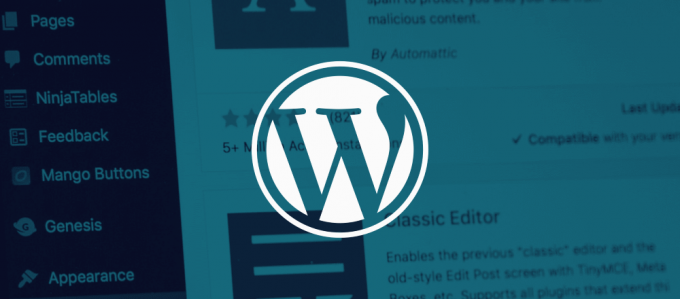
WordPress by far is considered to be the best CMS platform out there. It is also the most dominant CMS on the market covering up to 58.55% of the total share. WordPress as of 2019 powers 34% of the internet which is a 4% rise from last year. We will bet that during your research regarding web development, WordPress might be one of the first things that you found.
One of the biggest winning points for WordPress is how easy it is to use. Its backend is very user-friendly. WordPress also boasts its high level of customization with the use of a variety of themes and plugins available both in free and premium versions. Also, websites built-in WordPress are highly responsive and SEO friendly.
Apart from these, WordPress is also known for its top-notch content management. They enable their users to access a powerful editor that helps them to edit and publish content as per their wish.
Lastly, WordPress is known for its strong active community. This community is responsible for helping out with updates and provide support and feedback for any WordPress related issues. Other pros features and positive reviews about WordPress can be read at MyBestWebsiteBuilder.com
The downside of using WordPress is that it is a constant target for hackers which results in infrequent updates. Users need to be up to date with all these updates which could affect your site’s daily activities.
Themes can be great if you are happy with what you get. However, for brand visibility, it’s always preferred to make it custom using a developer, according to cloudphics.com.
However, you should do your due research before going for a developer.
Joomla
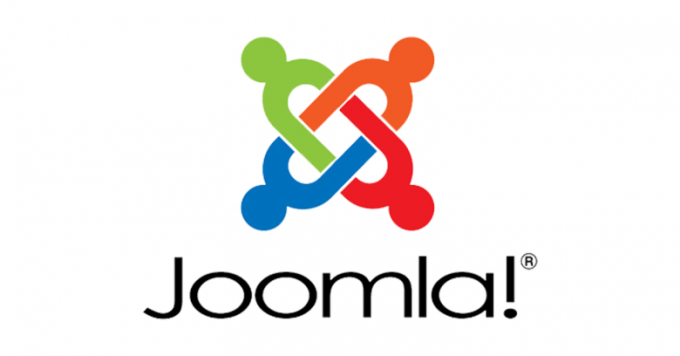
Joomla is another such CMS that is constantly ranked as one of the best CMS platforms alongside WordPress. While it is targeted at both beginners and advanced users, Joomla is a bit more challenging to use than WordPress.
Joomla is highly preferred by web developers since it is very easy to create a website and has object-based content management. Joomla comes with the advantage of not having to install any new extensions like themes and plugins for multilingual support. They also enable their users to use multiple themes and templates at the same time for different types of content. Apart from these, Joomla also has a supportive community that includes online handbooks and active users forums.
While Joomla sounds better in writing, its unapproachability to many comes from its lack of easy usage. Also, compared to WordPress, Joomla does not offer as many templates and extensions and advanced extensions can be quite expensive.
Drupal

Drupal is another free and open-source content management system that was originally developed as a student community solution. Drupal is known for its flexibility while dealing with custom post types. While it comes with a very basic installation, it definitely requires the skills of a professional web developer.
Drupal currently has more than 1.5 million websites running including GE, NBC and the official university of Harvard. Drupal offers an extensive range of modules and plugins which carry high customization opportunities. As compared to its competitors, WordPress and Joomla, Drupal is considered a much secure platform. Websites built with Drupal are said to be able to handle overcrowded traffic and manage overloaded content without any issues.
Since Drupal mainly focuses on social publishing, they are considered to be perfect for any small and medium-sized community projects.
Magento
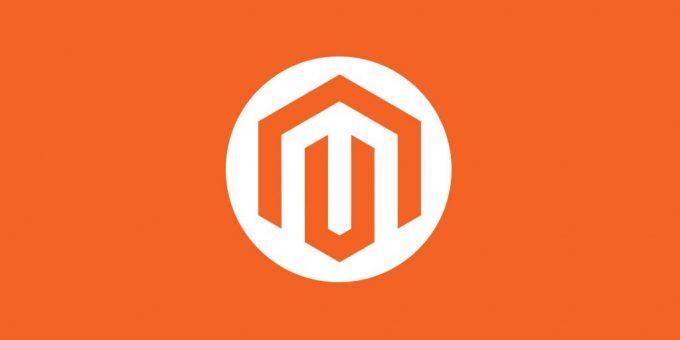
Magento is one of the most popular open e-commerce platforms out there in the market that is known for its robust security features. Magento is both very easy to use and powerful at managing the entire website pages through rich content. Magento is suitable for small business ventures and startups that are approaching the same e-commerce strategy as that of eBay.
Magento comes in different editions with different simplistic features that can be adopted as per your requirement. Magento community is very active in terms of answering your queries and providing new extensions with better features. The use of Magento helps in improving its visibility in the search engines. Magento also has marketing promotion features, customer service tools, and detailed reporting. Click here and get to learn more about the same by connecting to a relevant agency
Many famous companies all around the world have used Magento for their online e-commerce site. Companies like HP, Nike, Jack Daniels, and Canon all use Magento.
Typo3
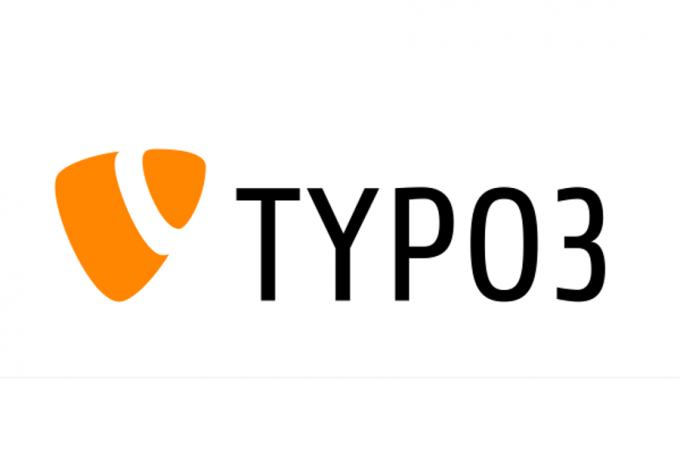
One of the lesser-known CMS is Typo3. Typo3 is predominantly very popular in the European regions. Typo3 is known to cater to large enterprise-level portals and e-commerce platforms. They are more useful in specific areas as compared to the vast usage of other CMS platforms.
Typo3 has huge range of functionalities and has integrated other systems like CRM and ERP solutions. They include support for multilingual websites and enable its users to manage multiple sites from a single installation. With the complexity of the usage, Typo3 requires expert knowledge and coding skills. With Typo3, you can also share templates, extensions and even users within your site. You also get access to their large community that provides support to any technical issues.
While its features sure sound appealing, Typo3 is not for anyone who is looking for smaller projects. The expense of hiring an expert to carry out their work is also very high.
Grav
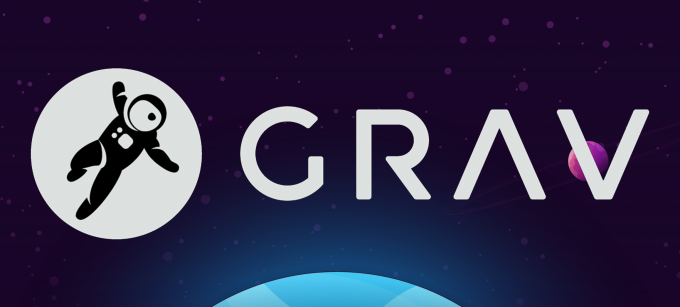
Grav is another free, self-hosted CMS that uses a flat-file database for both backend and frontend. Having a flat-file database system means recording all the information in a simple, uniform format without any specific indexing or recognizing relationships between the records. Grav is fast, simple and flexible which requires zero installation and can be extracted as a zip file.
Speed is the primary feature of using Grav. Grav allows its users to add simple plugins that will quickly and easily add powerful functionalities. Since it is very easy and simple to use and create content, the learning curve for Grav is much shorter than that of popular CMS platforms like WordPress, Joomla, and Drupal. And of course, you can always extend its functionalities with the addition of other themes and plugins.
In Conclusion
Content Management System has made the process of website developing easier and faster. Finding the right CMS for your project might not always be a very easy decision. Keeping in mind the huge availability of options, we have narrowed it down to 6 top CMS platform.
To be honest, there might never be the best CMS platform in the market. Not every individual is satisfied by one single CMS platform which is why the wide range of options has become more of a gift than a curse. First, know what you are looking for in a CMS and what you want your future prospect to be like. Then, choose the one that will cater to your best interest.









